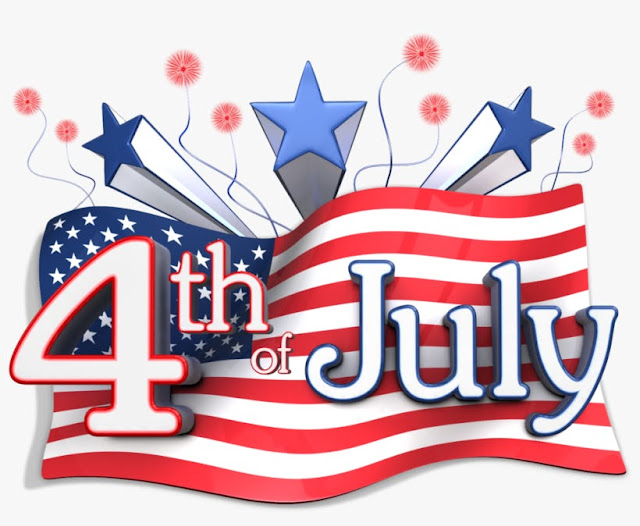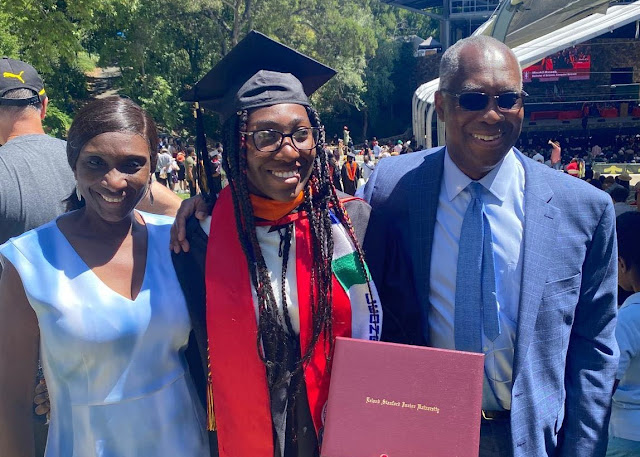Reading and the Art of Venturing Into Unknown Territory
During the summer of 2014, I signed up for "Story of the Week" by The Library of America.
The first email that landed in my inbox was "Storming the Capital" by George R. Gleig (1796–1888), which is excerpted from The War of 1812: Writings from America's War of Independence. It is the tale of an eighteen-year-old British officer who witnessed the sack of Washington on August 24–25, 1814.
Since 2014, I have received more than 450 emails from The Library of America's Story of the Week.
To mark each season, I have made it a tradition to select stories sent during periods of the year that are special to me—for example, Christmas, Easter, springtime, midwinter, and American Independence.
On July 5, 2015, I first read "The Special Type" by Henry James (1843–1916). It's from Henry James: Complete Stories 1898–1910. The narrator, a portrait painter, serves as the go-between in a situation involving an American millionaire estranged from his wife.
On July 3, 2016, Story of the Week emailed "The Declaration of Independence" by Abigail Adams (1744-1818).
In the correspondence between husband and wife, Abigail Adams responds to her husband's reports on the rebellion and sends him local news, including an account of the public reading in Boston of the newly adopted Declaration of Independence.
For the Fourth of July weekend in 2017, past Story of the Week selections from the American Revolutionary War included Destruction of the Tea in Boston by John Adams (December 1773), The Declaration of Independence by Abigail Adams (July 1776), "It is impossible we should think of Submission" by Benjamin Franklin (July 1776), an Account of the Battle of Monmouth by George Washington (July 1778), The Sentiments of a Lady in New-Jersey (July 1780), and "Examine Well Your Heart" by Alexander Hamilton (August 1780).
I reread the same selections in 2018 and again in 2019 for the Fourth of July weekend. As suggested by Story of the Week, I revisited Gregory Djanikian's lighthearted yet perceptive poem about a family picnic.
In "Immigrant Picnic" by Gregory Djanikian, we see what transpires at a Fourth of July picnic: an Armenian American family mixes up the "great melting pot that is the English language."
It was a pleasure to add that to the usual mix of John Adams returning home the morning after a shipload of tea is destroyed in Boston harbor, Abigail Adams responding to her husband's reports on the rebellion and sending him an account of the public reading in Boston of the newly adopted Declaration of Independence, Benjamin Franklin's response to Admiral Richard Howe, whom he had previously met in London, George Washington on the Continental Army in pursuit of retreating British troops, an anonymous lady following the defeat of the Continental army in Charleston, and Alexander Hamilton's love letter to his fiancée, Elizabeth Schuyler.
On July 4, 2020, "The natural right of all Men—& their Children" was the Independence Day Story of the Week selection.
The petition was submitted in January 1777 by eight African American men, in which they proclaimed their "natural and unalienable right" to the freedom enjoyed by "all other Men."
The document is described as one of 200 eighteenth-century texts collected in the Library of America volume Black Writers of the Founding Era, edited by James G. Basker.
I also read "Drenched in Light" by Zora Neale Hurston, in which an eleven-year-old girl, whose exuberance and mischievousness test the patience of her beloved grandmother, watches for passersby on the road in front of her home.
In 2021, "The Battle of Long Island" by Philip Vickers Fithian (1747–1776) featured a Continental Army chaplain reporting from the scene of the first and most significant battle after the colonies declared their independence.
Also on offer was a clothbound edition of Antislavery.
To commemorate the 150th anniversary of the Emancipation Proclamation, The Library of America compiled a collection of antislavery writings from the late 17th century through to the passage of the Thirteenth Amendment. It's a genuinely remarkable anthology and should be required reading in any study of the subject of slavery, said Paul Mullinger of the San Francisco Book Review.
2022 was a blur due to illness, but I caught up with previous Story of the Week selections, such as "Let Slavery Die" by Henry Highland Garnet, the first Black American to speak before Congress, as he delivered a Sunday sermon commemorating the passage of the Thirteenth Amendment.
Ernest Hemingway (1899–1961) was very much in season in the summer of 2023, including his "Out of Season," a story about a husband and wife who head out on a fishing expedition with a comically officious guide, who seems to be detested by other residents of the town.
The Duel: "Once More Adieu" features a duel that took place 220 years ago, on July 11, 1804, the most infamous in American history, ending the life of former Secretary of the Treasury Alexander Hamilton and the political career of Vice President Aaron Burr. Among Hamilton's papers were an explanation of his decision to engage in the duel, as well as two letters to his wife, Eliza.
This year's Story of the Week (Hot Dogs) is H. L. Mencken (1880–1956). A quarter century after the hot dog had become a ubiquitous part of the American diet, Mencken suggested butchers and bakers might elevate it "to the level of an art form."
Previous Story of the Week selections in 2025 include "The Nature of Liberty," also by H. L. Mencken, where America's curmudgeon casts a withering satirical glance at those (like himself) who defend the civil liberties enshrined in the "gross, crude, inelastic" Bill of Rights.
Throughout the weekend, I will also reread "The Declaration of Independence" by Abigail Adams, "Immigrant Picnic" by Gregory Djanikian, and "Eating American" by Sheila Hibben, an occasional adviser to Eleanor Roosevelt, which offers a survey of the movement toward "back-to-the-country" cooking during the Depression.
I first read "Eating American" and its love of “back-to-the-country cooking" during a quintessentially American holiday: Thanksgiving, which is always bursting with the goodness of locally sourced ingredients, as well as traditional methods of preparation.





Comments
Post a Comment